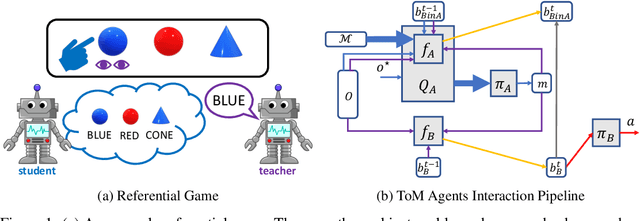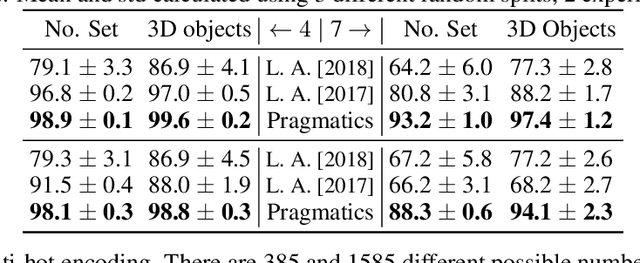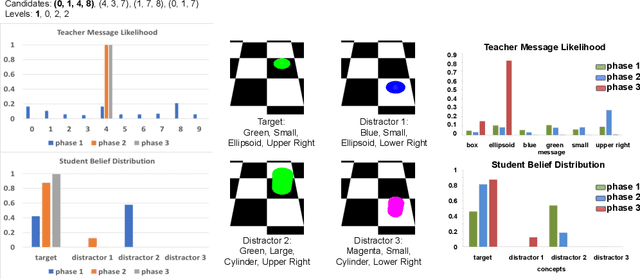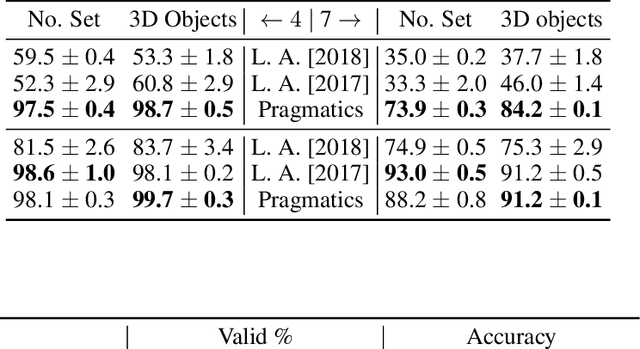Jingyue Shen
The Llama 4 Herd: Architecture, Training, Evaluation, and Deployment Notes
Jan 15, 2026Abstract:This document consolidates publicly reported technical details about Metas Llama 4 model family. It summarizes (i) released variants (Scout and Maverick) and the broader herd context including the previewed Behemoth teacher model, (ii) architectural characteristics beyond a high-level MoE description covering routed/shared-expert structure, early-fusion multimodality, and long-context design elements reported for Scout (iRoPE and length generalization strategies), (iii) training disclosures spanning pre-training, mid-training for long-context extension, and post-training methodology (lightweight SFT, online RL, and lightweight DPO) as described in release materials, (iv) developer-reported benchmark results for both base and instruction-tuned checkpoints, and (v) practical deployment constraints observed across major serving environments, including provider-specific context limits and quantization packaging. The manuscript also summarizes licensing obligations relevant to redistribution and derivative naming, and reviews publicly described safeguards and evaluation practices. The goal is to provide a compact technical reference for researchers and practitioners who need precise, source-backed facts about Llama 4.
AI-Assisted Fixes to Code Review Comments at Scale
Jul 17, 2025Abstract:Aim. There are 10s of thousands of code review comments each week at Meta. We developed Metamate for Code Review (MetaMateCR) that provides AI-assisted fixes for reviewer comments in production at scale. Method. We developed an internal benchmark of 64k <review comment, patch> data points to fine-tune Llama models. Once our models achieve reasonable offline results, we roll them into production. To ensure that our AI-assisted fixes do not negatively impact the time it takes to do code reviews, we conduct randomized controlled safety trials as well as full production experiments. Offline Results. As a baseline, we compare GPT-4o to our small and large Llama models. In offline results, our LargeLSFT model creates an exact match patch 68% of the time outperforming GPT-4o by 9 percentage points (pp). The internal models also use more modern Hack functions when compared to the PHP functions suggested by GPT-4o. Safety Trial. When we roll MetaMateCR into production in a safety trial that compares no AI patches with AI patch suggestions, we see a large regression with reviewers taking over 5% longer to conduct reviews. After investigation, we modify the UX to only show authors the AI patches, and see no regressions in the time for reviews. Production. When we roll LargeLSFT into production, we see an ActionableToApplied rate of 19.7%, which is a 9.2pp improvement over GPT-4o. Our results illustrate the importance of safety trials in ensuring that AI does not inadvertently slow down engineers, and a successful review comment to AI patch product running at scale.
LayerNAS: Neural Architecture Search in Polynomial Complexity
Apr 23, 2023Abstract:Neural Architecture Search (NAS) has become a popular method for discovering effective model architectures, especially for target hardware. As such, NAS methods that find optimal architectures under constraints are essential. In our paper, we propose LayerNAS to address the challenge of multi-objective NAS by transforming it into a combinatorial optimization problem, which effectively constrains the search complexity to be polynomial. For a model architecture with $L$ layers, we perform layerwise-search for each layer, selecting from a set of search options $\mathbb{S}$. LayerNAS groups model candidates based on one objective, such as model size or latency, and searches for the optimal model based on another objective, thereby splitting the cost and reward elements of the search. This approach limits the search complexity to $ O(H \cdot |\mathbb{S}| \cdot L) $, where $H$ is a constant set in LayerNAS. Our experiments show that LayerNAS is able to consistently discover superior models across a variety of search spaces in comparison to strong baselines, including search spaces derived from NATS-Bench, MobileNetV2 and MobileNetV3.
Emergence of Pragmatics from Referential Game between Theory of Mind Agents
Jan 21, 2020



Abstract:Pragmatics studies how context can contribute to language meanings [1]. In human communication, language is never interpreted out of context, and sentences can usually convey more information than their literal meanings [2]. However, this mechanism is missing in most multi-agent systems [3, 4, 5, 6], restricting the communication efficiency and the capability of human-agent interaction. In this paper, we propose an algorithm, using which agents can spontaneously learn the ability to "read between lines" without any explicit hand-designed rules. We integrate the theory of mind (ToM) [7, 8] in a cooperative multi-agent pedagogical situation and propose an adaptive reinforcement learning (RL) algorithm to develop a communication protocol. ToM is a profound cognitive science concept, claiming that people regularly reason about other's mental states, including beliefs, goals, and intentions, to obtain performance advantage in competition, cooperation or coalition. With this ability, agents consider language as not only messages but also rational acts reflecting others' hidden states. Our experiments demonstrate the advantage of pragmatic protocols over non-pragmatic protocols. We also show the teaching complexity following the pragmatic protocol empirically approximates to recursive teaching dimension (RTD).
 Add to Chrome
Add to Chrome Add to Firefox
Add to Firefox Add to Edge
Add to Edge